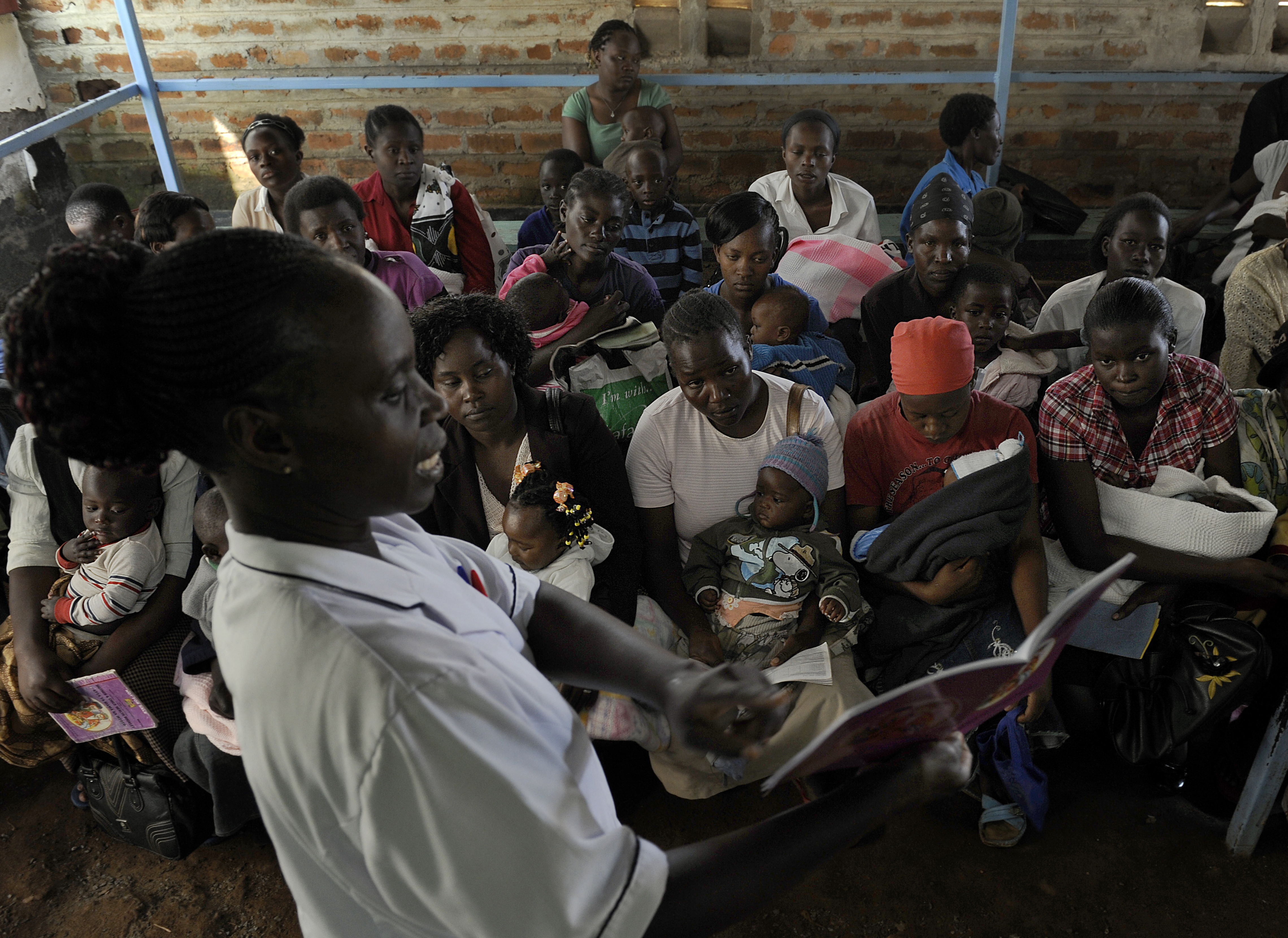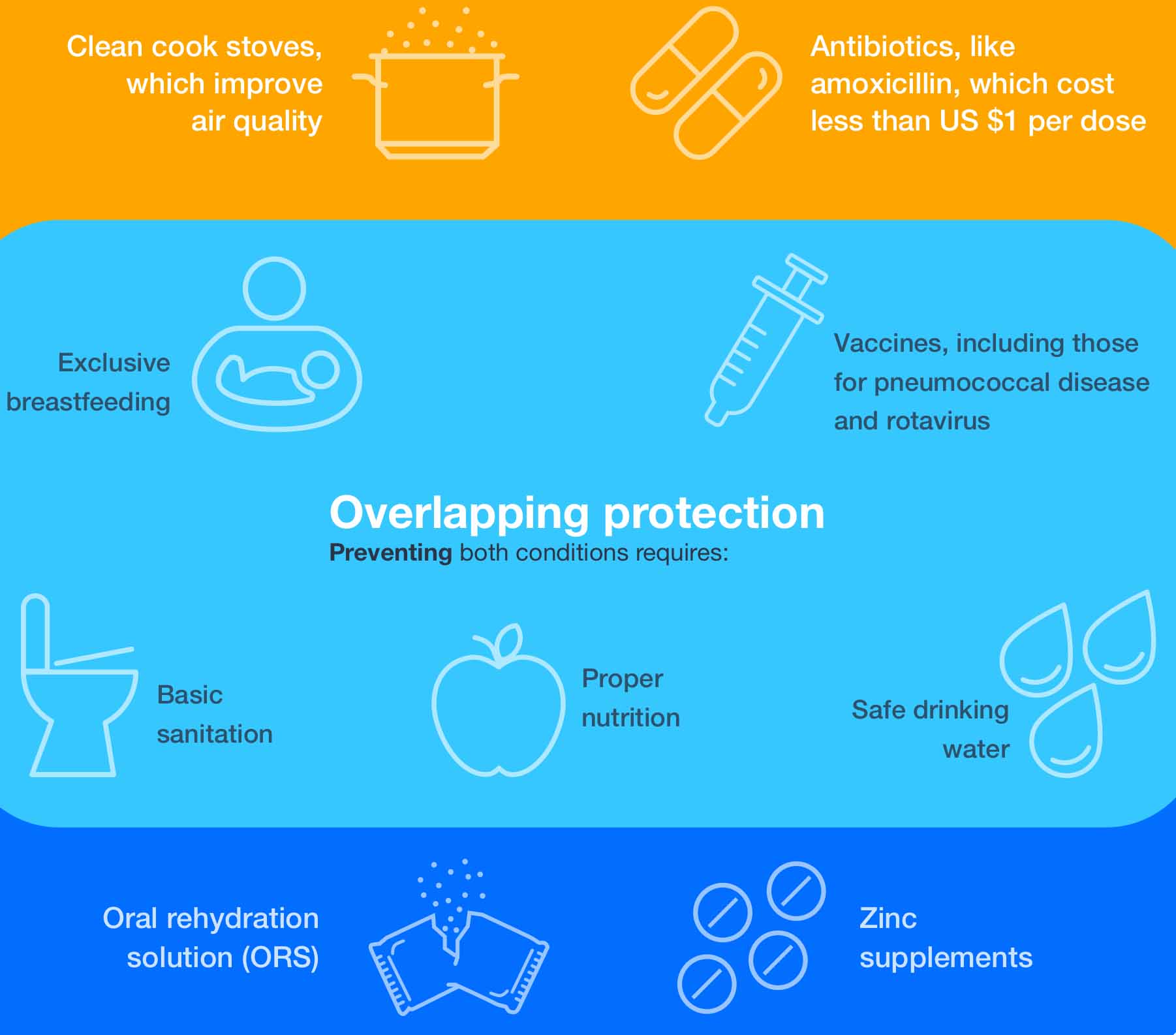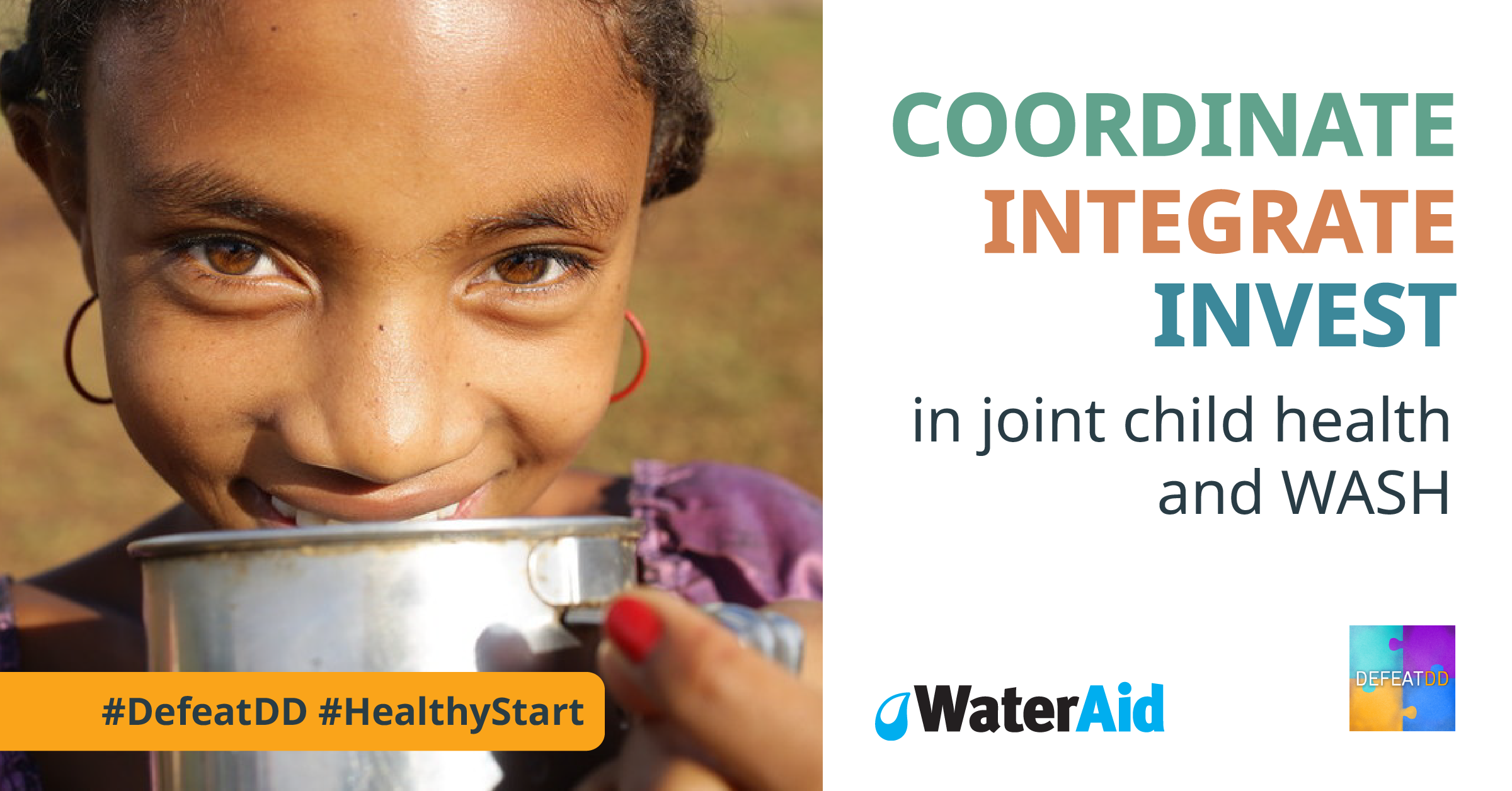Leveraging the Global Finance Facility for improved healthcare coverage in Kenya
|

Basic tools and education should be at hand for caregivers everywhere. Flexible financing mechanisms can help countries prioritize where needs are greatest. Photo: PATH/Tony Karumba.
As I reflect back on 2018, I can’t help but think about the busy year we’ve had in Kenya, the end of which has come with a special flurry of success.
In early November, I travelled to Oslo to attend civil society meetings for the Global Financing Facility (GFF). Launched in 2015, the GFF is a mechanism that allows national low-and lower-middle income country governments to decide how they fund and prioritize reproductive, maternal, newborn, child and adolescent health and nutrition needs.
Ahead of the event to secure ongoing donor investments into the GFF Trust Fund, the meeting in Oslo connected civil society colleagues who are advocating for the engagement in the GFF in their respective countries. Kenya has long been committed to the GFF: in 2015, we were one of the first countries to be involved in GFF activities. Since then, civil society organizations have come together to work with and advocate to the government to ensure the GFF activities prioritize our most urgent maternal, newborn, child, and adolescent health needs.
For me, the GFF is an opportunity to improve the health sector in Kenya. It is an opportunity to explore partnerships with the private sector to bring down the cost of key essential commodities such as ORS and zinc. I see an opportunity to reach Kenya’s hard to reach populations including rural communities in far flung regions and the growing urban informal settlements with improved sanitation to prevent infections, and an opportunity to bring services closer to moms, newborns, and children by strengthening access at the primary healthcare levels. It is also an opportunity for engaging adolescents and youth to configure services that meet their health needs.
Additionally, I see the GFF as an opportunity for us to come together as Kenyans to respond as a community across a continuum of needs. The GFF directly contributes to universal health care coverage, ensuring that all of our mothers, babies, children and youth can access the care that they deserve. The GFF is a catalyst to improve our primary health care system and to make strides in saving more women and children.
Importantly, though, the GFF is not working in isolation. Rather, the GFF has been a way to finance and resource the many policies that Kenya has put in place to guide our health system. This naturally makes me think about the recently launched Kenya Newborn, Child, and Adolescent Health (NCAH) Policy 2018. The Ministry of Health made this policy official in mid-November, giving Kenya its first unified policy to guide efforts for improving newborn, child, and adolescent health. We now have a policy that seeks to harmonize and strengthen delivery of comprehensive health services to children from birth, through adolescence.
Indeed, two pieces of Kenya’s health care puzzle are in place. We have a robust policy environment, and we have an opportunity to leverage international health resources to operationalize these policies and reach more families and communities. Along with many of our health policies, the new NCAH Policy contributes to universal health coverage by defining actions that improve the quality of care, just as the GFF does.
As we look toward the holiday season and a few quiet weeks as 2018 draws to a close, I am optimistic about the year ahead. We have the policies, tools, and know-how to reach more women, babies, children, and adolescents. We need to seize these opportunities, and put into place the programs and initiatives that save lives. As Kenyans, and as a global health community, we will begin 2019 energized, excited, and ready to work. Universal health coverage is a serious end goal; with the GFF, new national policies on the books, and the unending commitment of our civil society, governmental, and private sector partners, it will be a banner year.













